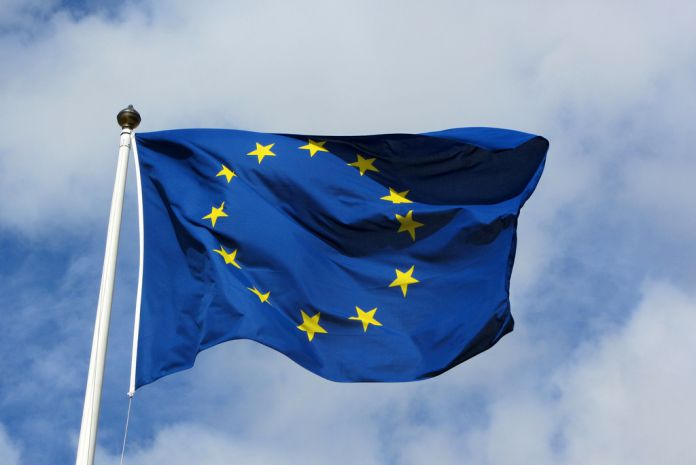The European Union's deliberations to regulate generative artificial intelligence technologies have reached an impasse, with lawmakers still divided on the framework for overseeing these systems. The proposed AI Act, a piece of legislation intended to ensure the responsible development and use of AI, is at risk of being postponed indefinitely if consensus is not reached soon. Representatives from the European Parliament, the Council, and the European Commission are set to have final discussions on December 6, 2023, following preliminary negotiations on Friday.
Generative AI at the Center of Debate
At the heart of the debate are “foundation models” such as those developed by Microsoft-backed OpenAI. These advanced AI systems, trained on extensive data sets, have the capability to adapt and perform a multitude of tasks after learning from new data inputs. As the EU seeks to establish regulations, the size and influence of such models have become contentious points. While some policymakers have suggested a tiered regulation system based on user numbers — with thresholds such as 45 million users signaling higher tiers — arguments persist that smaller models can pose similar risks.
Self-Regulation Versus Hard Rules
The discussion has been further complicated by differing opinions on the approach to regulation. France, Germany, and Italy have shown a preference for self-regulation by AI developers rather than prescriptive rules. This stance, initially proposed by France and supported by Italy and Germany during an October meeting, contrasts with concerns posted by EU Commissioner Thierry Breton, parliamentarians, and AI experts. They argue that self-regulation may not sufficiently address safety concerns associated with foundation models. Companies such as France's Mistral and Germany's Aleph Alpha, on the other hand, favor stricter rules for products rather than the underlying technology.
Industry and Researchers Seek Clarity
The ongoing uncertainty surrounding the AI Act is causing trepidation within the European AI industry. Stakeholders from businesses to researchers urge for resolution to facilitate planning for the upcoming year and beyond. The act's pending issues stretch beyond foundation models and include topics such as the definition of AI, impact assessments on fundamental rights, and exceptions for law enforcement and national security uses. Law enforcement's use of AI for biometric identification has notably emerged as another point of contention.
Should the current presidency of Spain fail to foster an agreement, Belgium, as the next holder of the EU presidency, will face a narrowing window to resolve the impasse before the upcoming European parliamentary elections. The stakes are high as Europe grapples with the complex realities of governing cutting-edge AI technologies.






